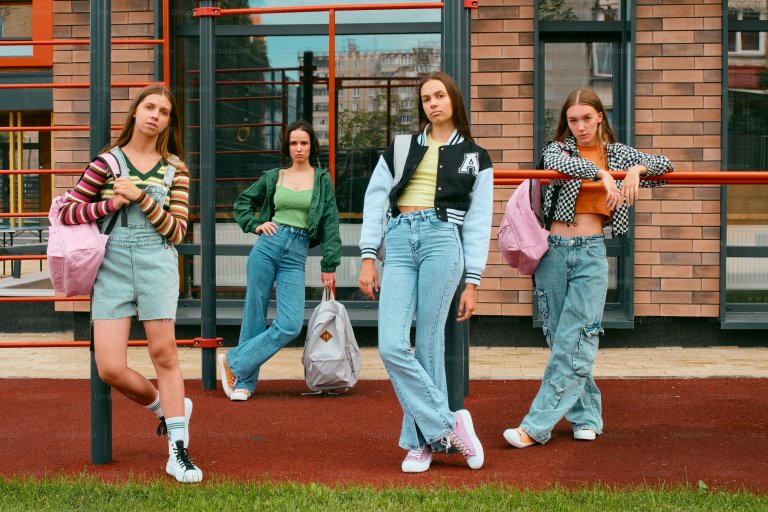The Rise of Pre-Owned Handbags in Fashion
The fashion industry has always embraced the idea of newness and constantly changing trends. However, in recent years, there has been a shift towards sustainability and conscious consumption. This has led to the rise of pre-owned handbags in the fashion world. Designer handbags, once considered a luxury for the elite, are now being bought and sold in the secondhand market. This trend not only promotes sustainable fashion but also allows fashion enthusiasts to own coveted designer pieces at affordable prices.
Why are pre-owned handbags becoming popular?
The first and most obvious answer to this question is affordability. Designer handbags, with their high price tags, are not accessible to many people. However, with the rise of pre-owned handbags, people are now able to purchase their dream bag at a fraction of the retail price. This has also opened up a market for rare and vintage bags that were once only available to a select few. Websites like Vestiaire Collective, The RealReal, and Rebag have made it easier for consumers to buy and sell pre-owned designer handbags with ease.
Another reason for the popularity of pre-owned handbags is the concept of exclusivity. With the rise of fast fashion, it has become increasingly common to see people wearing the same clothing and accessories. However, by investing in a pre-owned designer handbag, one can stand out and make a statement with their unique piece. These pre-owned handbags also have a history and story behind them, making them even more special.
The environmental and ethical impact of pre-owned handbags
One of the biggest concerns in the fashion industry is its impact on the environment. The production of new clothing and accessories uses up valuable resources and contributes to pollution. By purchasing pre-owned handbags, one is reducing their carbon footprint and promoting sustainability. It also prevents these luxury items from ending up in landfills and adding to the growing waste problem.
Moreover, the rise of pre-owned handbags also has ethical implications. Many designer brands have been criticized for their unethical manufacturing practices, from using sweatshops to child labor. By purchasing pre-owned, one is not supporting these unethical practices and instead promoting a more conscious form of consumerism.
The changing perception of pre-owned handbags
In the past, pre-owned handbags were often associated with being old or used. However, with the rise of luxury resale platforms, this perception has evolved. People are now proud to flaunt their pre-owned designer handbags, and it has become a symbol of luxury and style. Even celebrities and influencers have been spotted carrying pre-owned handbags on red carpets and high-profile events.
The fashion industry has also started to acknowledge and embrace this trend. Many designers, including Burberry and Gucci, have collaborated with luxury resale platforms to sell their pre-owned items. This not only adds a new revenue stream for these brands but also promotes the idea of sustainable fashion.
The future of pre-owned handbags in fashion
The rise of pre-owned handbags is not just a passing trend; it is here to stay. The growing awareness of sustainable fashion and conscious consumerism has made pre-owned luxury items more desirable than ever. As more and more people become aware of the impact of their fashion choices, the demand for pre-owned handbags is only expected to increase.
In the future, we can expect to see more collaborations between luxury brands and resale platforms. We may also see the rise of rental platforms for designer handbags, as seen with clothing rental services like Rent the Runway. This will not only cater to consumers who cannot afford to buy a designer handbag but also promote a circular economy in the fashion industry.
In conclusion
The rise of pre-owned handbags in fashion is a reflection of the changing attitudes towards sustainability and conscious consumption. It not only provides an opportunity for fashion enthusiasts to own coveted designer pieces at affordable prices but also promotes a more ethical and environmentally-friendly form of consumerism. As the fashion industry continues to embrace this trend, we can hope for a more sustainable and inclusive future for fashion.
